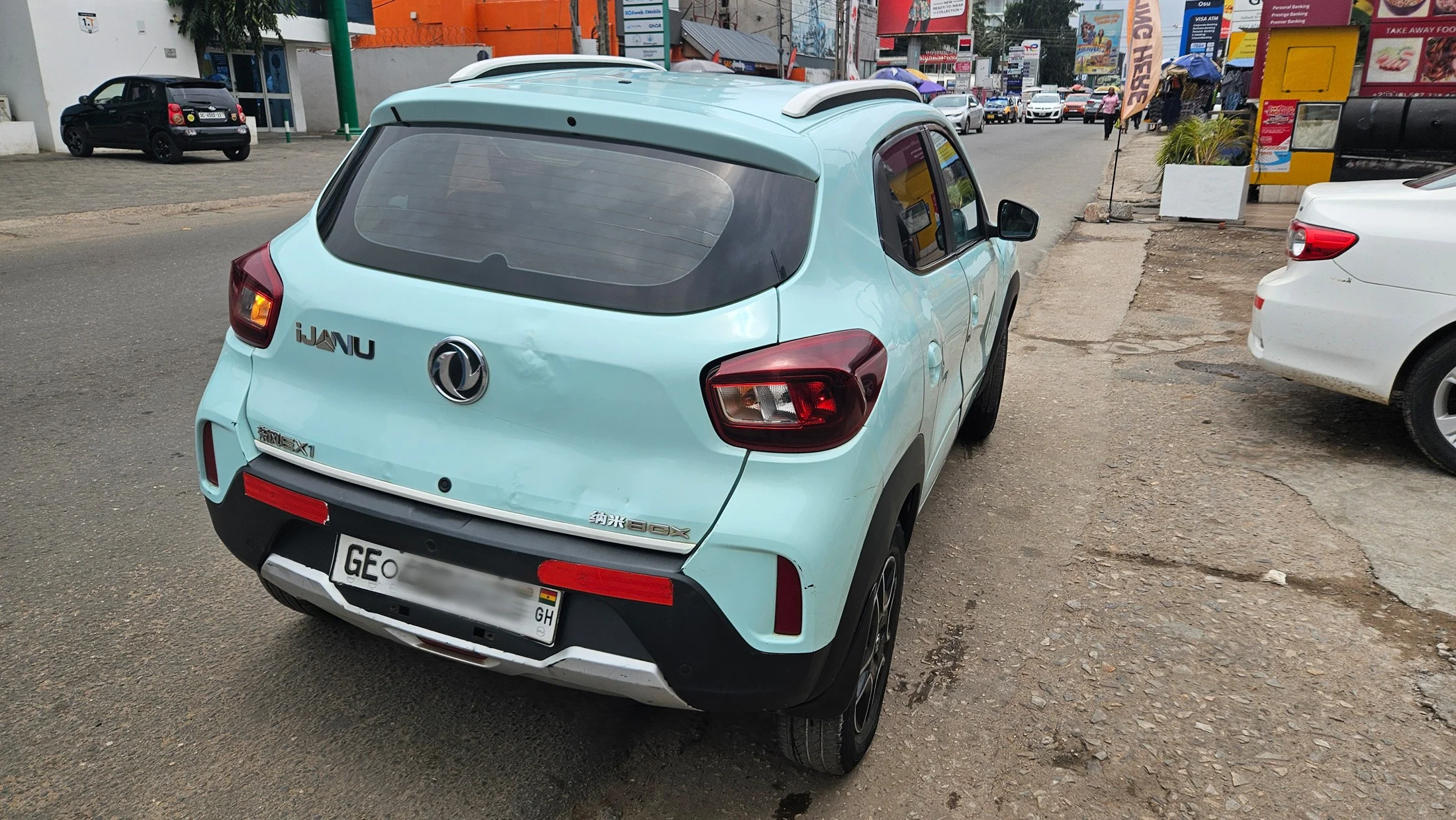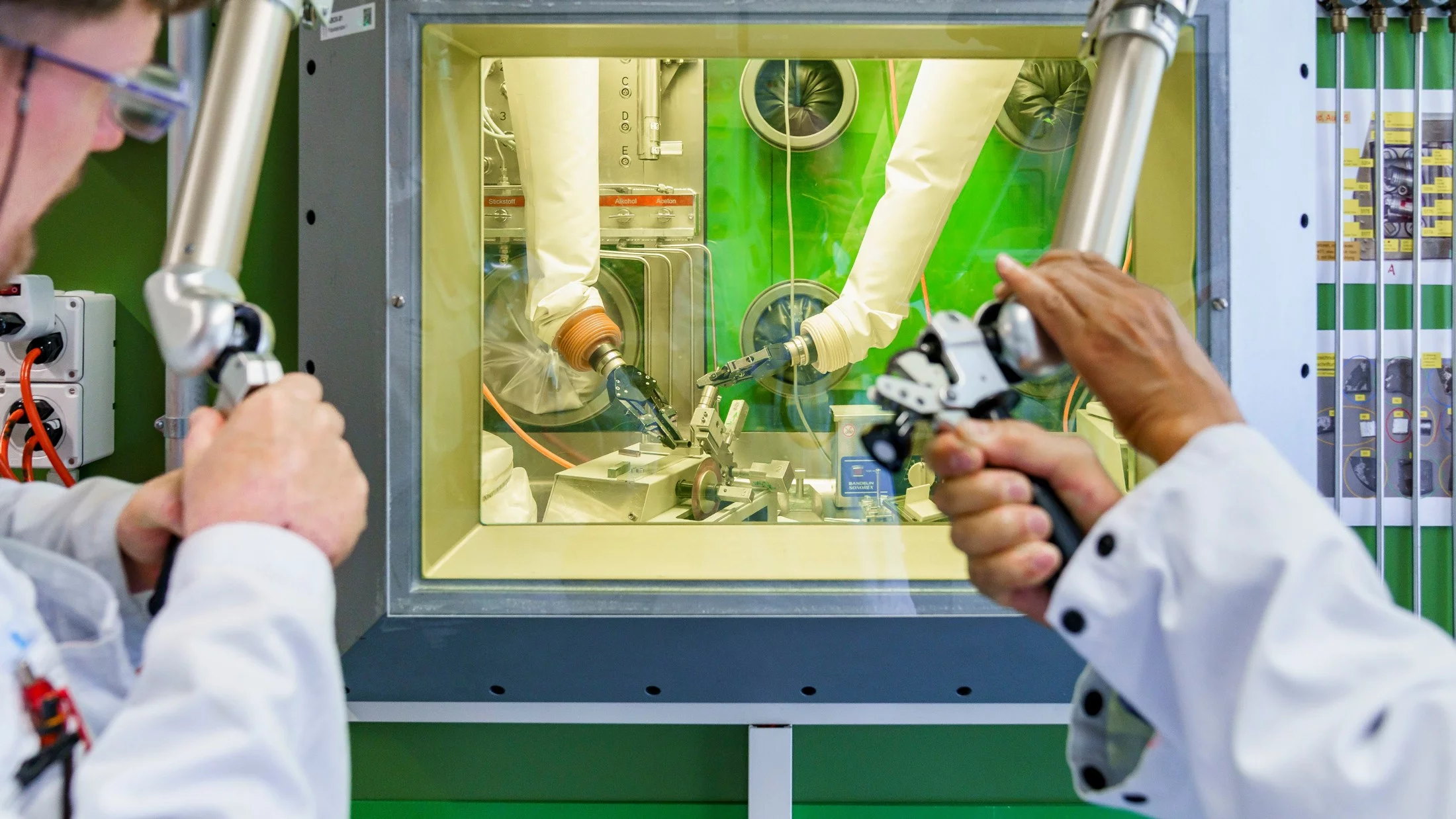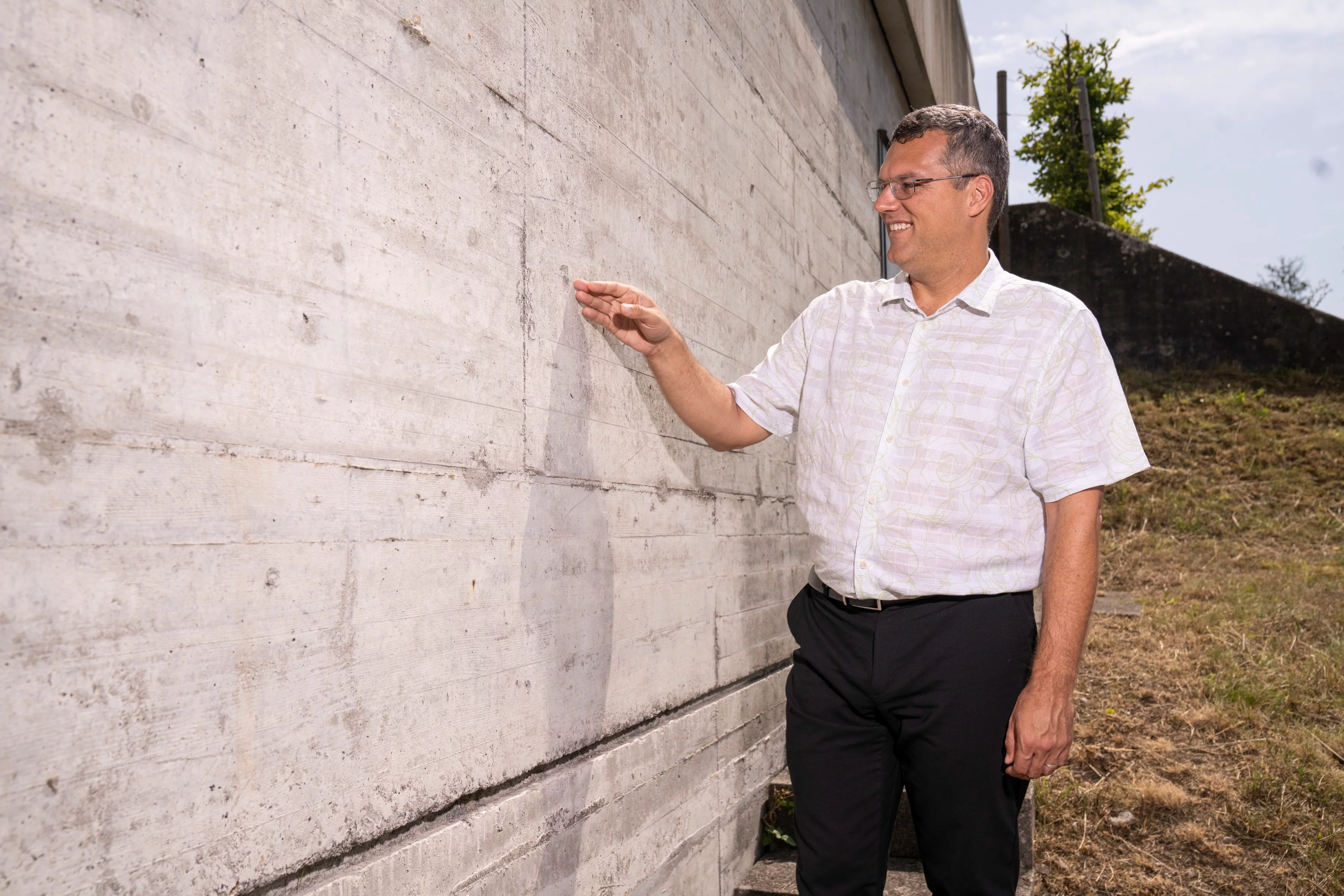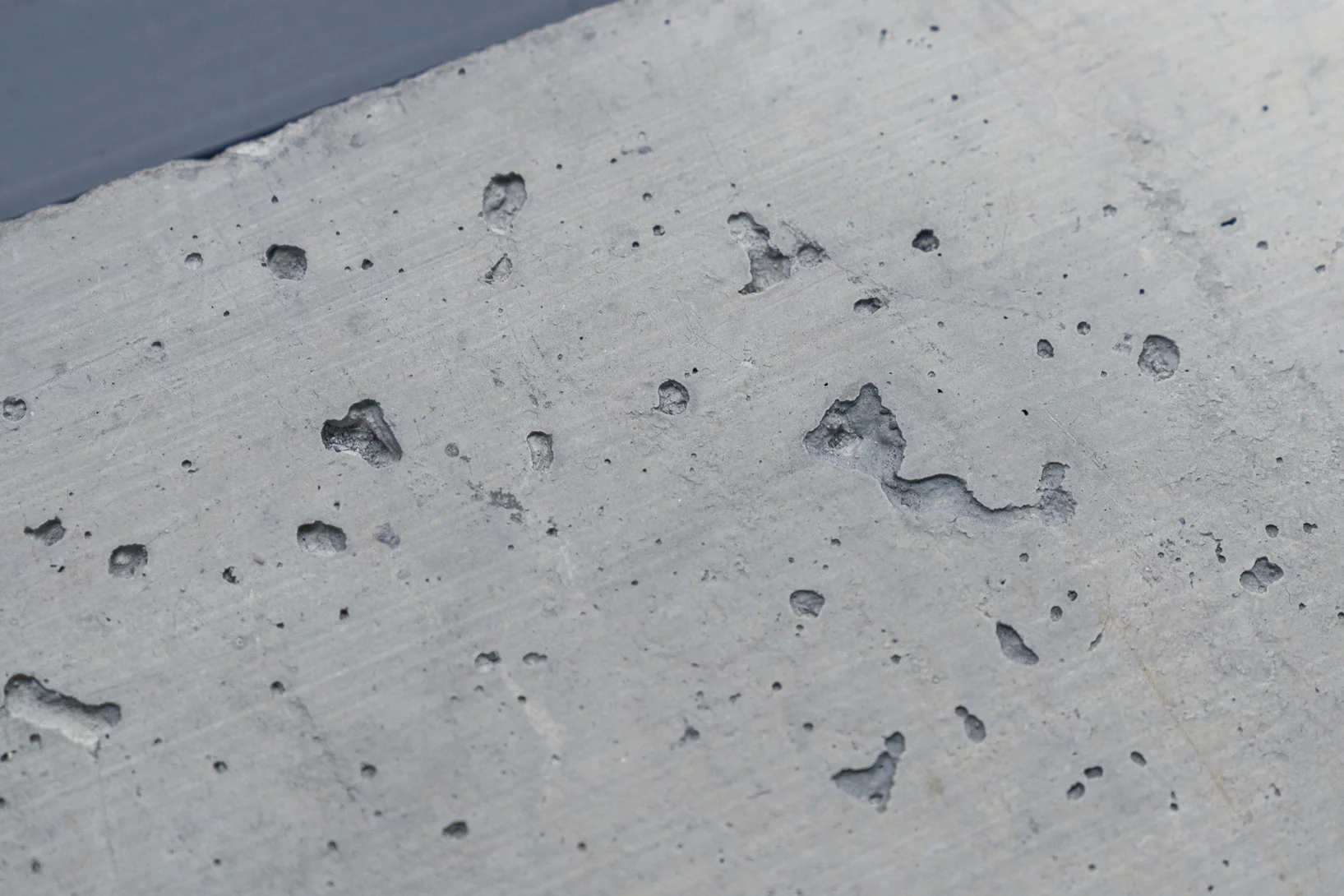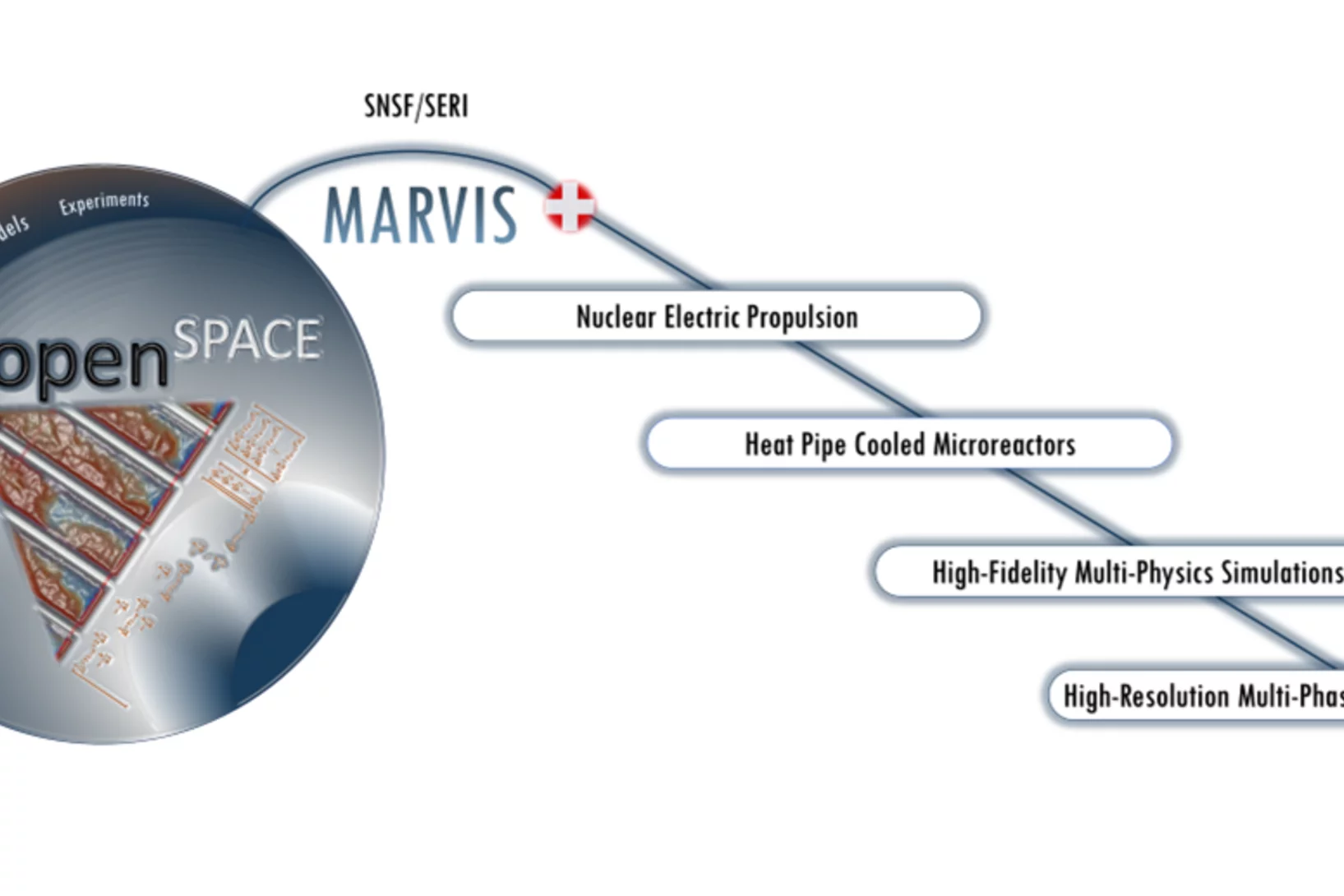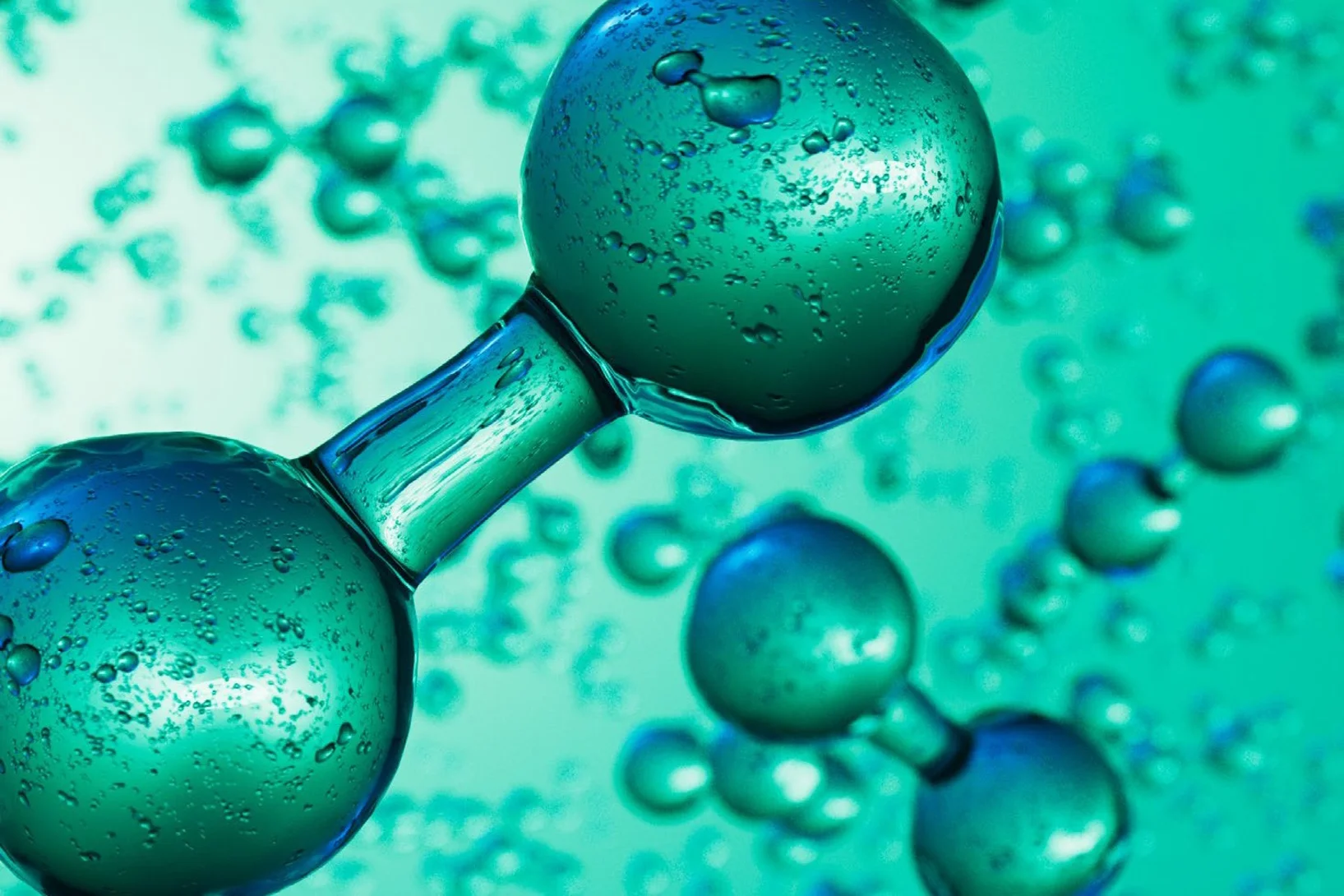Safety of currently operating light-water reactors, safety characteristics of future reactor concepts, and long-term safety of deep geological repositories for nuclear wastes are the main research topics at the PSI Center for Nuclear Engineering and Sciences.
Lab News & Scientific Highlights
AI paves the way towards green cement
Researchers at PSI are using artificial intelligence to develop environmentally friendly formulations for cement.
Generation IV International Forum (GIF) in Switzerland | hosted by PSI/NES in April 2025
The GIF Technical Secretariat is pleased to inform of the upcoming EG-PG meetings from 7th to 11th April, 2025. This time the host is Switzerland, and the meetings will be organized by PSI's Center for Nuclear Engineering and Sciences.
Spring 2025 | 53rd Expert Group and 59th Policy Group meeting
www.gen-4.org
Not Rocket Science, just Nuclear Rocket Science
The PSI Laboratory for Reactor Physics and Thermal-Hydraulics (LRT) conducts computational and experimental research with focus on the safety of nuclear reactors and systems. In recent years, it established the EPSILON program to coordinate and consolidate its research activities on nuclear space applications. Among other things, developments were initiated towards an open-source European platform for high-fidelity simulations and experiments dedicated to space nuclear reactors. Referred to as the openSPACE platform, its underlying concepts are a) to include not only solvers but also reference simulation models as well as experimental validation data; b) to make all of these available to the broader and combined nuclear- and space communities for usage and/or further developments. Through this, the goal is thus not only to facilitate collaborative research in this area but also to enable effective support to the European Space Agency for thorough design, safety and performance evaluations of nuclear reactor systems for in-space propulsion and/or surface power. A first development phase focused on nuclear electric propulsion was proposed and retained among the two projects selected in 2023 by the Swiss National Science Foundation (SNSF) for its MARVIS call (Multidisciplinary Advanced Research Ventures in Space) and funded by the Swiss Secretariat for Research and Innovation (SERI). This project, to be conducted via four inter-connected PhD theses, was launched in October 2024 and this marks thus a key milestone for the propulsion of PSI nuclear research towards space.
Upcoming Events
Publications
-
Al-Yahia OS, Bernard M, Clifford I, Perret G, Bajorek S, Ferroukhi H
The influence of droplet breakup model on the prediction of reactor core parameters during reflood conditions
Nuclear Engineering and Design. 2024; 416: 112815 (16 pp.). https://doi.org/10.1016/j.nucengdes.2023.112815
DORA PSI -
Albà A, Adelmann A, Münster L, Rochman D, Boiger R
Fast uncertainty quantification of spent nuclear fuel with neural networks
Annals of Nuclear Energy. 2024; 196: 110204 (8 pp.). https://doi.org/10.1016/j.anucene.2023.110204
DORA PSI -
Alcayne V, Cano-Ott D, Garcia J, González-Romero E, Martínez T, Rada AP, et al.
A segmented total energy detector (sTED) optimized for (n, γ) cross-section measurements at n_TOF EAR2
Radiation Physics and Chemistry. 2024; 217: 111525 (11 pp.). https://doi.org/10.1016/j.radphyschem.2024.111525
DORA PSI

